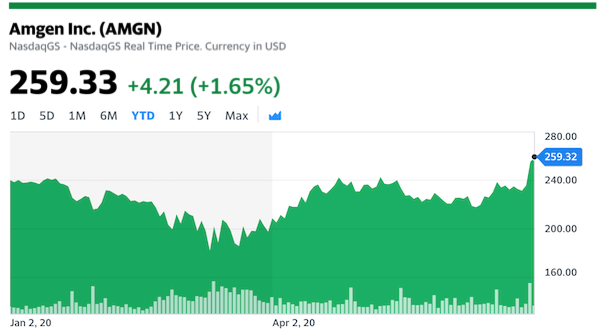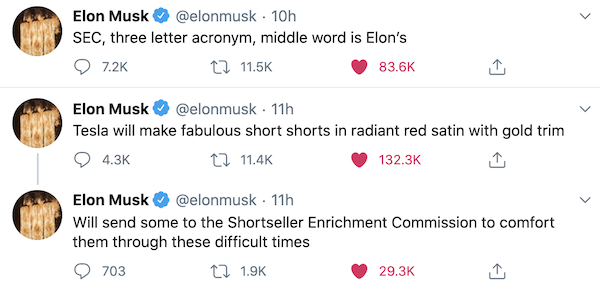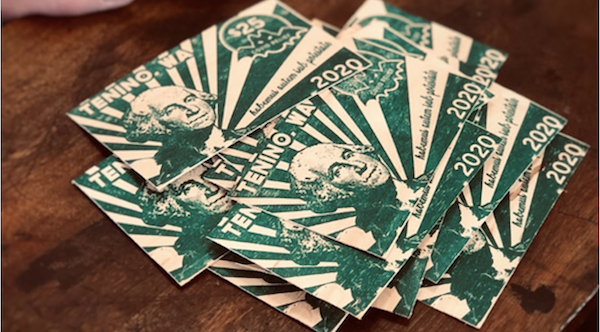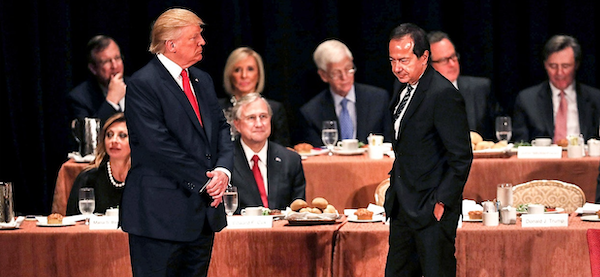Market Scorecard
Yesterday was a double hit of US jobs data. We had the regular Thursday release of weekly jobless claims, and then the monthly unemployment data landed a day early due to the public holiday in the US today. The unemployment data is the main focus of the market, and it shot the lights out. The expectation was for 3.2m people to go back to work and an unemployment rate of 12.5%. The official data shows that 4.8m went back to work and unemployment has dropped to 11.1%.
Two very strong beats and hints to a robust economic bounce back.
Muddying the waters a bit though was the weekly unemployment data. The expectation was for a decrease from 1.48m to 1.35m initial jobless claims. The figure came in higher than expected at 1.42m people. Still a decrease but slower than expected, possibly due to the recent spike of infections in the US.
The data out yesterday was a reminder that the road to recovery won't be smooth, but also that we shouldn't underestimate how quickly things can return to normal. The whole globe is focused on finding solutions to the current threat, and you have to assume with that much focus on a single point, that society will follow the high road scenario.
Yesterday the
JSE All-share closed up 1.54%, the
S&P 500 closed up 0.45%, and the
Nasdaq closed up 0.52%.
Our 10c Worth
One thing, from Paul
If you own a bunch of high-quality stocks in a portfolio, good things are always happening to them, and you only find out later. Here's a case in point,
Amgen just had a major patent protection victory. The stock popped up to a new all-time high of $260 per share yesterday.
A US federal appeals court
upheld Amgen's patents for its blockbuster arthritis drug Enbrel, a decision that will prevent biosimilar competition until 2029. The FDA approved the first biosimilar to Enbrel in 2016. That was awarded to Novartis, whose generic arm, Sandoz will be fuming.
Amgen makes lots of drugs for all kinds of ailments, but
Enbrel is important because it brings in more than $5 billion in revenue per year (20% of the group total).
The news sent shares of Amgen soaring 8% on Wednesday and up another 1.5% on Thursday.
Now they have almost another decade of monopoly control over the drug, which has a selling price in the US of $44 000 for a year of treatment.
The original formulation for Enbrel was discovered by Bruce Beutler, an academic researcher then at the University of Texas in 1989, and sold to and patented by a company called Immunex, which was acquired by Amgen in 2002. Beutler and his colleagues manufactured a stable protein that interferes with the tumor necrosis factor, which in turn counteracts overactive immune responses. Very useful!
More on the court decision here:
Amgen Gets Favorable Appeals Court Ruling for Enbrel Patent.

Byron's Beats
Yesterday Tesla reported delivery numbers which rocked the market (in a good way if you are long). The share price surged 8%, now trading at $1 208 a share. Over the last year the Tesla share price has gone from $234 to $901 then back down to $427 during the global shut down and then all the way back up to $1 000 and more.
In the second quarter the company delivered 90.65k vehicles versus expectations of 72k. Of those, 80k were Model 3s and the rest were Model S/X. During the quarter they manufactured 82.3k vehicles despite the Fremont plant in the US being closed for a period.
That facility is back at full capacity with a quarterly run rate of 150k units.
What this delivery report showed was that Tesla was relatively unscathed from the lockdown and things are now full steam ahead. Elon was very vocal about his rights to operate when he was forced to shut down and authorities buckled quite quickly. Speaking of Elon being vocal, he was on Twitter Fire last night while the share price surged. The red hearts show that I liked all his tweets. Oops!

Michael's Musings
A few decades ago, the money in your pocket was backed by gold. Nowadays, it is simply backed by the government's word that it is worth something. The most prominent reason why a currency holds its value is because you have to pay taxes in your nation's currency.
As central bank printing presses start to heat up to provide liquidity to economies during Covid, the voices of people saying that we should be moving over to crypto-currencies is getting louder.
Instead of using Bitcoin, would you use a currency backed by wood?
A small town in the US has revived an old currency, which is backed by wood. The currency is only accepted inside of the small town, and the idea from the mayor, is to create some form of stimulus on a micro-scale.
The hope is that these wood dollars will have more of an impact on the local economy than the national level bailout money.
These dollars were originally created in 1931 during the great depression, with a similar goal of providing stimulus to the local economy. By 1933 their usage had been phased out.
You can read more about it here -
Why a small town in Washington is printing its own currency during the pandemic.

Bright's Banter
Hedge Fund one hit wonder John Paulson who's famed for anticipating the global financial crisis of 2008 has been unable to replicate the huge success. He is now
shutting down what was once the biggest hedge fund and converting it to a family office . Robinhood investors are vindicated and will sure be happy that a boomer is out of the game.
In the book
"The Biggest Trade Ever", in early 2006, John Paulson and his analyst Paolo Pelligrini came up with the idea of buying credit-default swaps, an insurance product that allowed them to bet against the frothy US housing market. The trade paid off in spectacular fashion, making $20 billion for his clients and employees in 2007 and 2008.
By the beginning of 2005, Paulson & Co. managed $2.9 billion, but their assets under management had climbed to over $35 billion (of which $14.9 billion was Paulson's and his staff) in 2010 after timing the global financial crisis correctly. Investors couldn't send money fast enough to Paulson's hedge fund, in anticipation for more returns. The truth is that returns have been mixed since.
At the beginning of 2020, Paulson & Co. only managed $10.7 billion, and now after the first half of 2020 he's converting to a family office "After considerable reflection and careful thought". Paulson joins the likes of Carl Icahn, George Soros, Stan Druckenmiller, Lee Cooperman who returned outside money after a rewarding career in money management.
 Linkfest, Lap it Up
Linkfest, Lap it Up
Like with most things Covid related, we lack enough information to make definitive calls. Luckily with each passing week, we learn more and thus are able to make more informed decisions. Until we have a vaccine, one of societies defence mechanisms might come from herd immunity. The question is, what percentage of society needs to be infected before that happens? -
The Tricky Math of Herd Immunity for COVID-19.
The new normal for sport is to play in empty stadiums. In some cases there are mannequins or cardboard cut outs to make it feel less empty. Does this impact the match though? Data seems to suggest that a home game has swung from an advantage to a disadvantage of the host team -
Do empty stadiums affect outcomes?.
Signing off
It is a holiday in the US today, so things will be rather quiet. The JSE All-share is higher this morning and the Rand is looking strong at $/R 16.92.
Sent to you by Team Vestact



